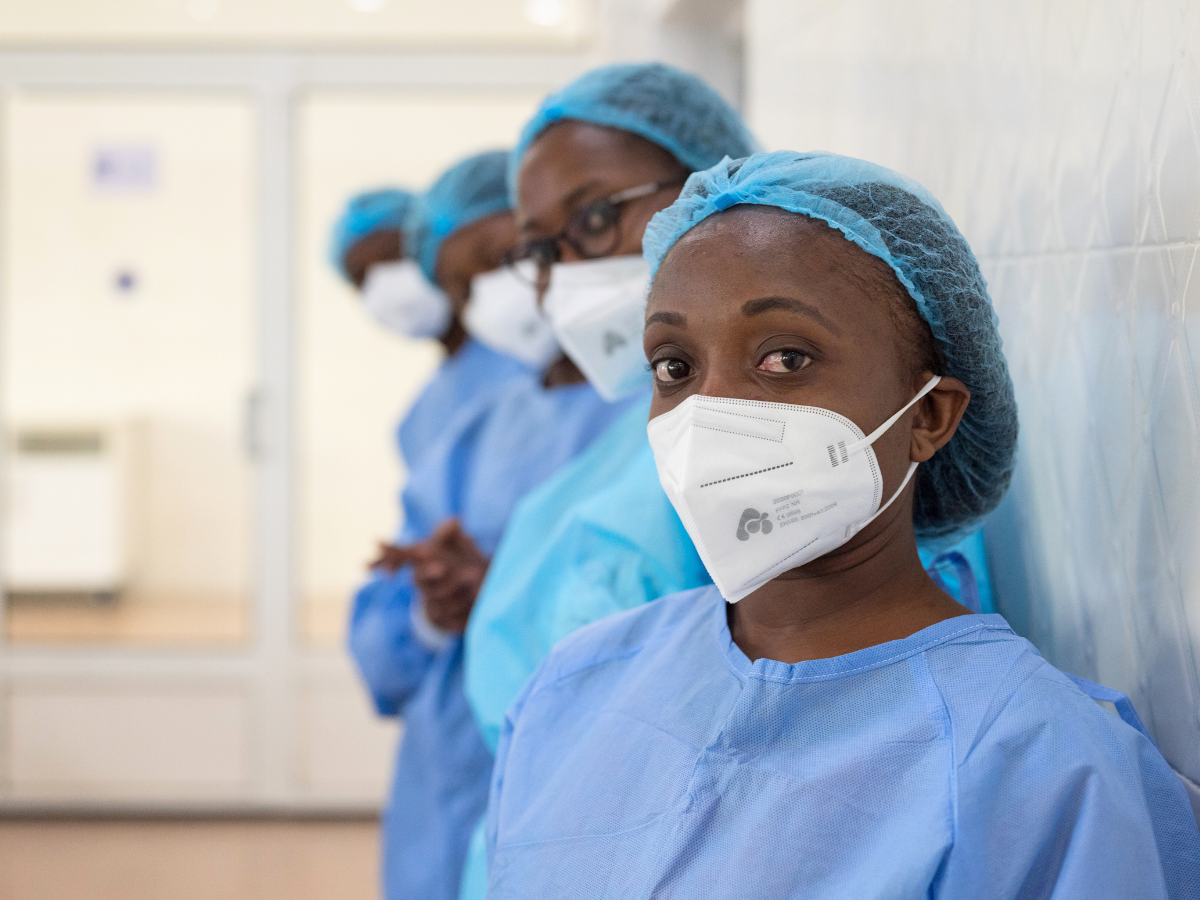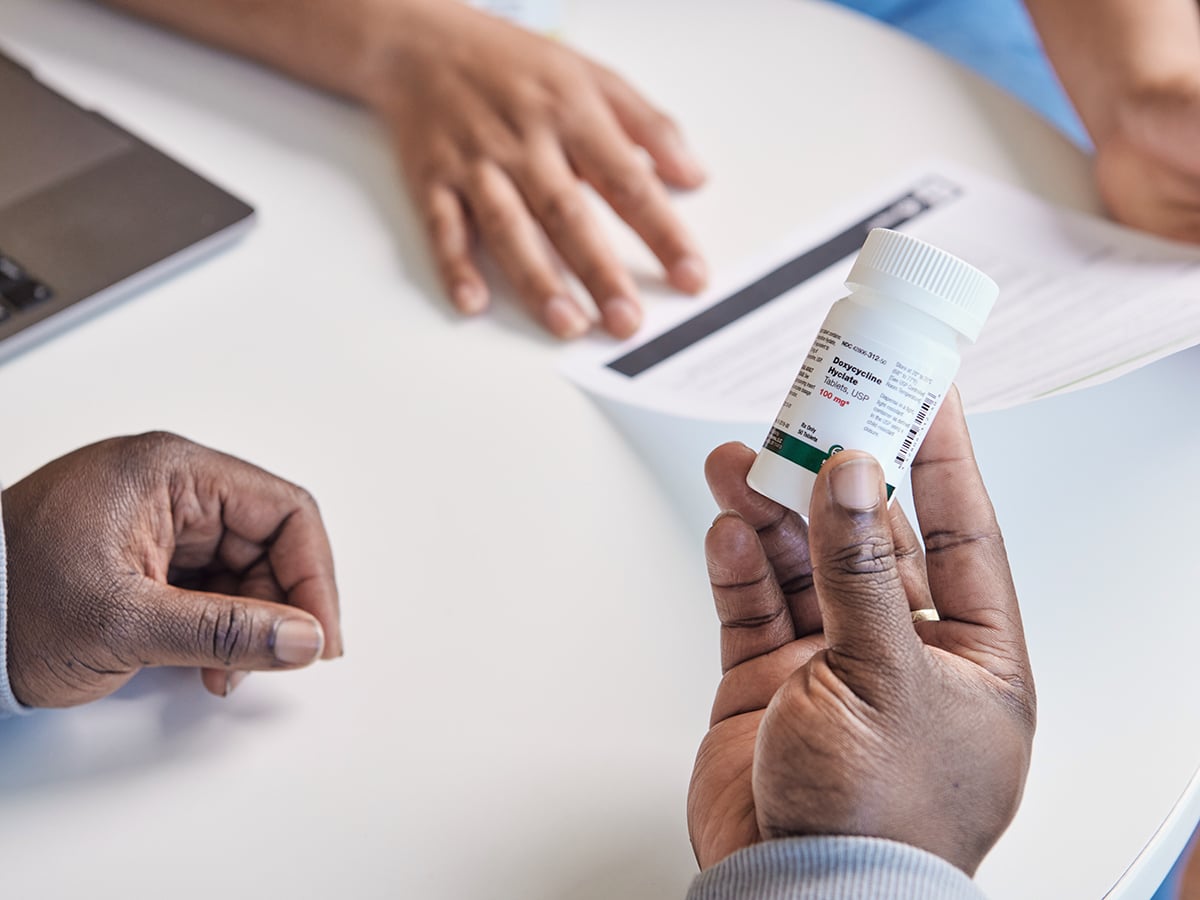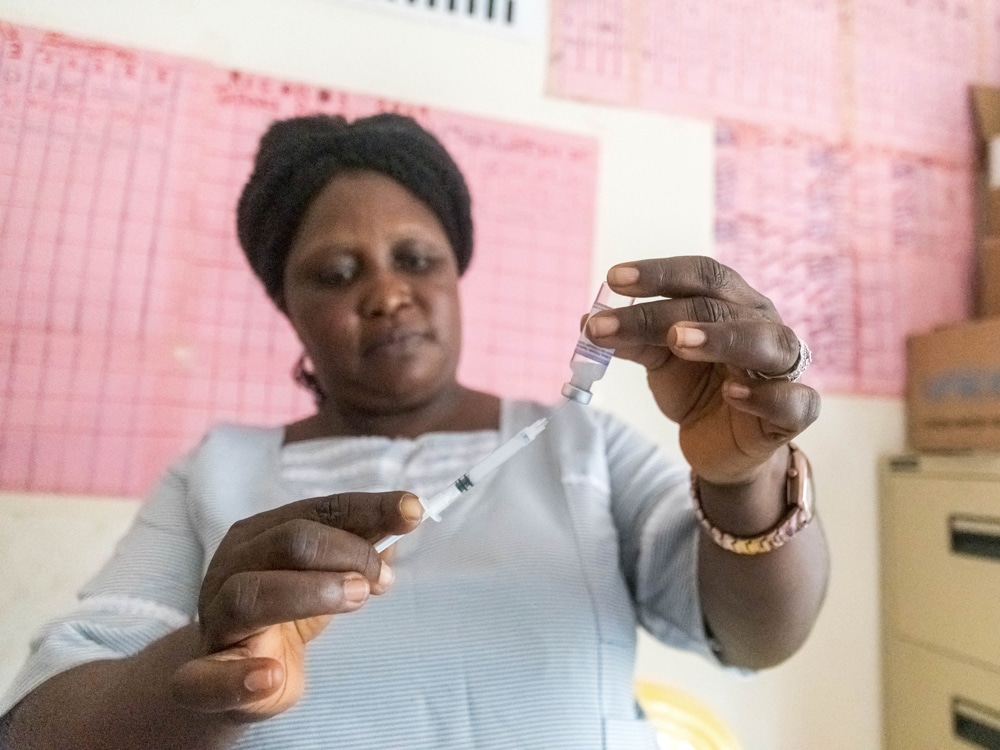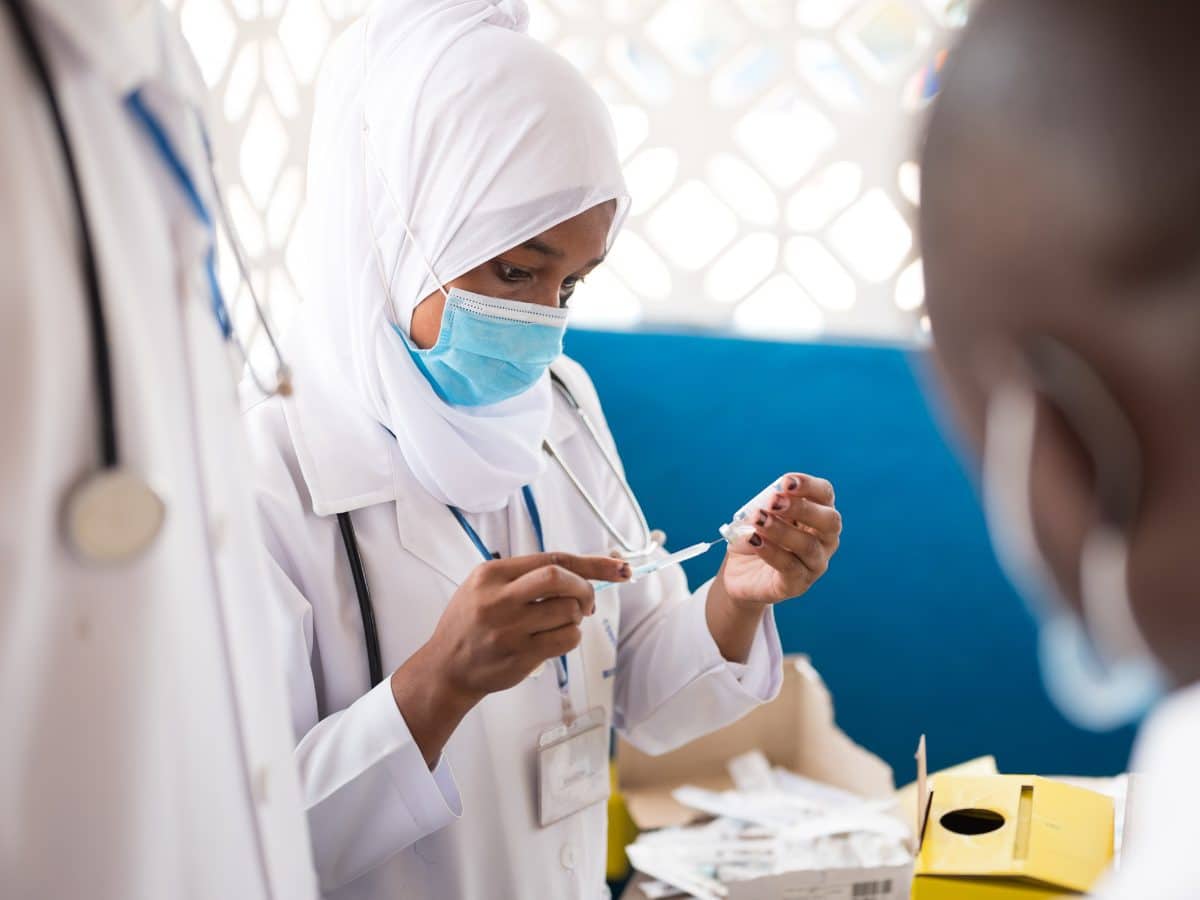-
Date: July 18, 2023
-
Start Time: 9:00 am
End Time: 10:00 am
-
Location: Online
On Tuesday, July 18, 2023, ICAP’s Grand Rounds webinar series presented on Improving Epidemic Preparedness. At this Grand Rounds, experts from Resolve to Save Lives discussed two of the organization’s flagship initiatives to strengthen epidemic readiness globally: the 7-1-7 framework and Epidemic Ready Primary Healthcare. The 7-1-7 framework is a tool to measure and improve how quickly countries can find and contain disease outbreaks. Backed by successful pilots, this timeliness target is being adopted by countries to help prevent epidemics. The Epidemic Ready Primary Healthcare initiative is a new program that focuses on the intersection of health service delivery and public health, aiming to increase the readiness and resilience of primary health care to detect and respond to outbreaks, while also maintaining essential health services. Amid the backdrop of the COVID-19 pandemic and emerging infectious diseases, preparing for potential spread is vital to improved long-term health outcomes.
Presenters

Stacey Mearns, director, Epidemic Ready Primary Healthcare (ERPHC), Resolve to Save Lives
Dr. Stacey Mearns is the director of Epidemic Ready Primary Healthcare (ERPHC) at Resolve to Save Lives, where she leads the strategic development and coordination of the ERPHC initiative. Stacey has 15 years of experience within the health sector, including 9 years working in humanitarian emergencies and outbreak response. She has supported emergency responses in over 20 countries and has extensive field experience strengthening primary healthcare services and delivering public health programs at the local, national, regional and global levels. She has multi-disease outbreak experience working across the arc of preparedness, readiness, response, and recovery, holding a variety of positions within NGOs, the UK Government, and the WHO. Stacey obtained her medical degree at the University of Birmingham and is a member of the UK Royal College of Physicians. In addition, she holds a Master’s in Public Health from the London School of Hygiene and Tropical Medicine, a Diploma in Tropical Medicine, and a Bachelor’s degree in Global Health from University College London.

Mohammed Lamorde, project director, 7-1-7 Alliance, Resolve to Save Lives
Dr. Mohammed Lamorde is the project director for the 7-1-7 Alliance at Resolve to Save Lives (RTSL), where he supports countries to achieve the 7-1-7 target for outbreak prevention and control. Before joining RTSL, Mohammed worked with the Infectious Diseases Institute (IDI) in Uganda. For over 15 years, his work at IDI spanned clinical care, clinical research on therapeutics for infectious diseases, and health security. He worked to establish the Global Health Security Program at the institute, overseeing a portfolio of projects on preparedness and response projects for COVID-19 and Ebola, antimicrobial resistance, and vaccination. In 2022, he was appointed by the Ministry of Health as the Case Management Pillar Lead of national responses to the COVID-19 outbreak and the 2022 Sudan Virus Disease Outbreak. Mohammed is a physician with a doctorate in clinical pharmacology. He is keen to support efforts that ensure comprehensive actions are deployed as soon as possible to contain outbreaks.








